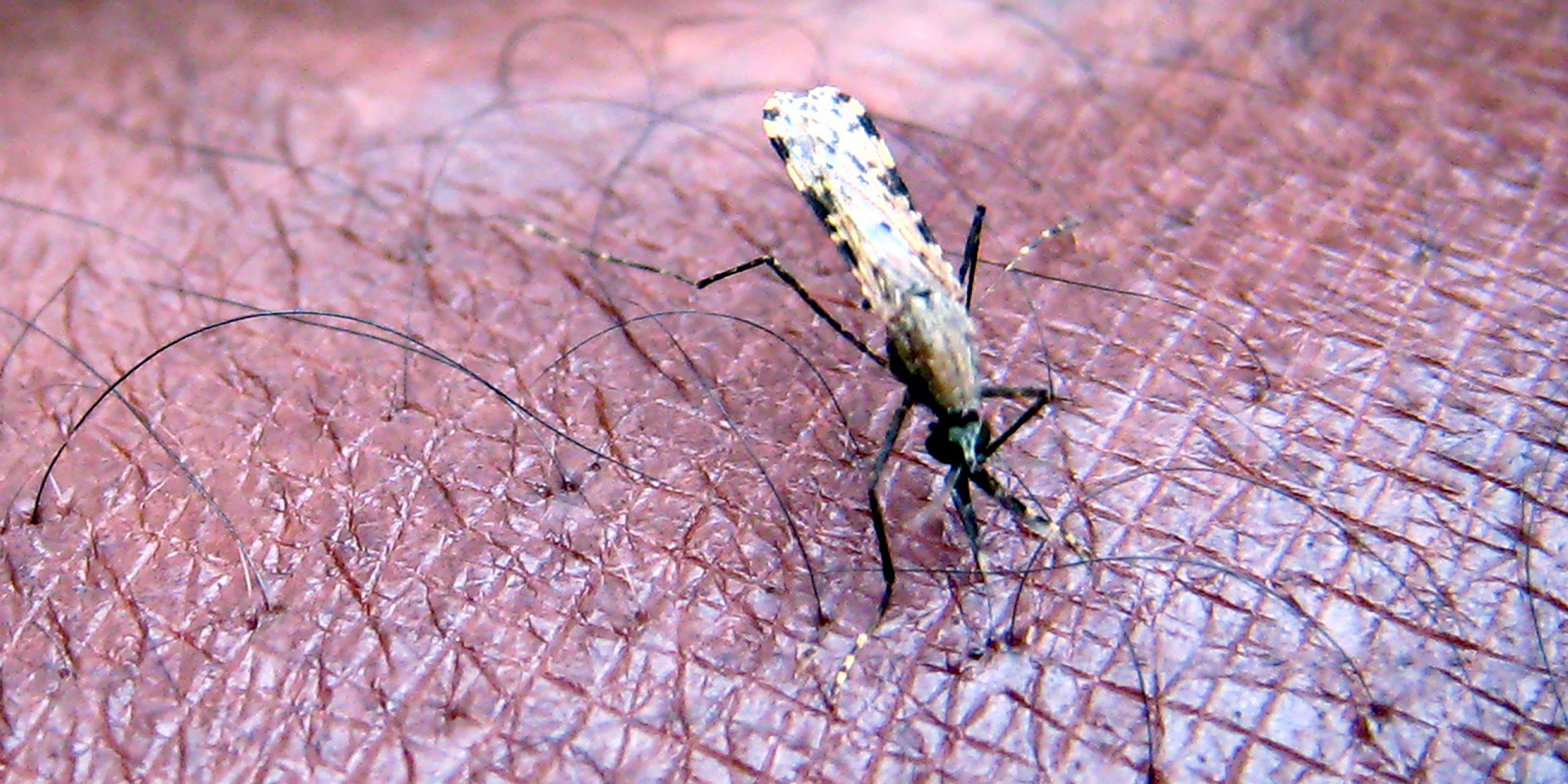Let’s start with the good news.
The World Health Organization (WHO) announced on Monday that it had recommended a new vaccine, R21/Matrix-M, for the prevention of malaria in children – the second malaria vaccine to win such approval.
“Both vaccines are shown to be safe and effective in preventing malaria in children and, when implemented broadly, are expected to have high public health impact. Malaria, a mosquito-borne disease, places a particularly high burden on children in the African region, where nearly half a million children die from the disease each year,” the WHO said.
The RTS,S vaccine, recommended by the WHO in 2021, has limited supply that does not meet soaring demand. Adding R21 to the list of WHO-endorsed vaccines should provide enough supply “to benefit all children living in areas where malaria is a public health risk”.
“This second vaccine holds real potential to close the huge demand-and-supply gap,” said Dr Matshidiso Moeti, WHO regional director for Africa.
The R21 vaccine has been shown to reduce symptomatic malaria cases by 75%, has been safe in clinical trials, and is cost-effective at $2 to $4 a dose.
Much of the focus over the past couple of years has been on the various Covid vaccines. These have been game-changers, saving countless lives while allowing for the lifting of lockdown and related restrictions.
The malaria vaccines, along with other efforts to eradicate the disease, are also clearly game-changers.
Take, for example, AngloGold Ashanti’s anti-malaria programme in Ghana. The project is a recipient of finance from the Global Fund – a worldwide movement to defeat HIV, TB and malaria – the first time a private company has performed a lead role in a Global Fund grant in Africa.
Read more in Daily Maverick: Ghana first to approve Oxford’s malaria vaccine
Since inception in 2005, with an indoor spraying programme and the provision of bed nets to all homes – based on a detailed census and mapping of every household in the area – the project has slashed malaria rates by more than 90% in the region and now covers almost one million people. Work and school absenteeism have fallen by a similar percentage.
Aside from saving lives, this is a clear economic dividend on a continent bisected by the equator that historically has confronted many environmental and geographical challenges to development, including widespread diseases that have been eradicated elsewhere.
The Trump counterpunch
While the new WHO-endorsed malaria vaccine is therefore welcome, it comes as a shock that the US Republican Party – which has gone right off the deep end in the Trumpocene – threatens to terminate the US President’s Emergency Plan for Aids Relief (Pepfar).
Launched in 2003 by the Bush administration, the programme has, for two decades, had broad bipartisan support in Washington – a rarity in an increasingly polarised political landscape.
It is credited with saving 25 million lives in Africa, and has branched out over the years to provide services for cervical cancer, which is linked to HIV infections in women.
But bipartisan support for the programme is now threatened by anti-abortion activists in the Republican Party, who have the audacity to tag themselves as “pro-life”.
Per The New York Times:
“Congress is gridlocked on a bill that would reauthorise the program, known as Pepfar. Lawmakers passed a spending deal on Saturday to avert a government shutdown for 45 days, but that legislation did not reauthorize the Aids program. Without reauthorization, parts of the program expired over the weekend. If Congress does not act soon, organizations that deliver lifesaving drug treatments and other forms of support to HIV patients could have to curtail their work.”
Some of the health groups on the Aids frontline in Africa also provide abortion services, and some Republicans do not want to provide them with funding, even if Pepfar does not directly fund abortions. Republicans in the House last week extended the programme by a year, but with more anti-abortion clauses.
Former US president George W Bush, who was stridently anti-abortion, has been lobbying since the start of Donald Trump’s single term for legislators to maintain the programme.
Read more in Daily Maverick: Trump made a fortune inflating his assets, attorney general tells court
“... while progress has been made, we’ve got to continue to stay in this battle in order to save lives. Every human life matters. And I hope the people of America understand that through their generosity millions now live,” Bush said in April 2017 while visiting a cervical cancer clinic in Gaborone, an event this correspondent covered when I was still with Reuters.
Full disclosure: I’ve never been a Bush fan, but he spoke movingly and, I believe, sincerely that day in Botswana, and Pepfar is his one legacy that should surely endure.
Threatening to pull the plug on the programme underscores how mean-spirited the Republican Party has become under the cult-like spell of Trump. America’s culture wars have already helped to demolish gay rights in African countries such as Uganda. Now they threaten millions of lives in Africa at a time when initiatives such as the malaria vaccines stand to save millions.
Good investing.
Ed Stoddard
(standing in for the vacationing Tim) DM





